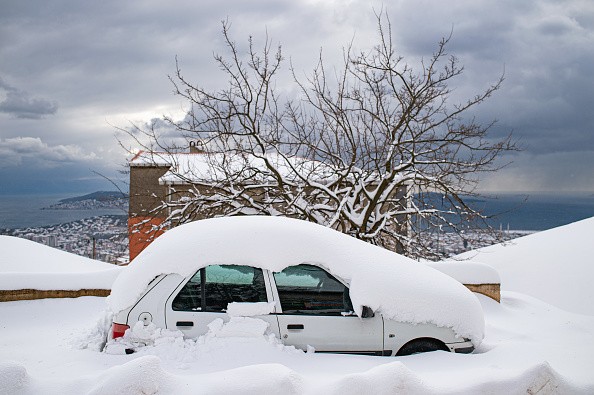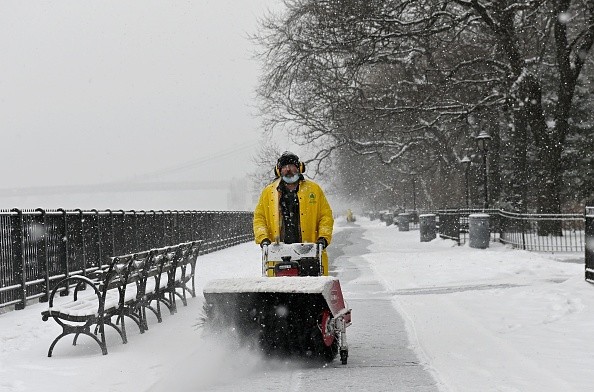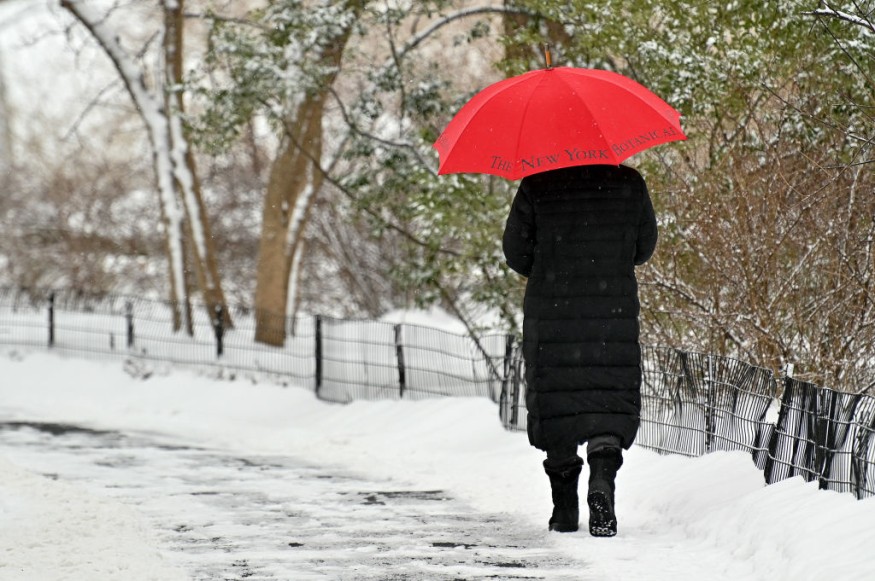On Thursday and Friday, up to 12 inches of snow could fall in parts of the central and western United States, putting an end to snow droughts and disturbing travel plans for others.

According to the National Weather Service, a massive storm system will likely impact Colorado, Utah, Iowa, and numerous other states this week. It'll move across the Rockies and the Great Lakes, dumping several inches of snow in several areas.
A storm system rolling from the Rockies to the Great Lakes through the second half of the week and bring moderate impacts to the region. A swath of 5-10 inches of snow is possible with higher amounts in the Rockies. Check your forecast at: https://t.co/VyWINDk3xP pic.twitter.com/o1nVKgbxmg
— National Weather Service (@NWS) December 8, 2021
Snow in Salt Lake City
4-6 inches of snow is anticipated in Salt Lake City, Utah (as you can see from the graphic below). According to the National Weather Service, the storm will bring snow and dangerous driving conditions throughout the state. However, in central and southern Utah, the maximum snowfall rates are forecast in the afternoon and evening.
Related Article : Northeastern US May Finally See 1st Snow of the Season
Passing By Denver
This storm system is forecast to dump 1-2 inches of snow in Denver, Colorado. Aspen and the surrounding area will receive six to eight inches of snow. It's also worth noting that Steamboat Springs is expected to receive eight to twelve inches of snow in the state's northern half.
Causing Dangerous Driving Conditions

According to the National Weather Service, this storm system will influence Sioux City. It's also worth mentioning that the winter storm will impact parts of Nebraska and South Dakota. As a result, it's essential checking the weather forecast in your area to determine if you need to prepare for heavy snow and dangerous driving conditions.
Health Warning
If you're over the age of 65, the CDC recommends maintaining an easy-to-read thermometer in a visible indoor location. Our ability to perceive temperature changes decreases as we age, and cold-related health problems become increasingly widespread. As a result, it's a good idea to keep an eye on your home's temperature and, if required, grab additional blankets to remain warm.
Hypothermia (abnormally low body temperature) is an issue that can occur when a person is exposed to freezing temperatures. Hypothermia in adults causes shivering, disorientation, memory loss, slurred speech, and tiredness. Hypothermia in newborns is characterized by bright red, chilly skin, and low energy levels. If you notice any of these symptoms, take the person's temperature. The issue is an emergency if their temperature is below 95 degrees Fahrenheit, and you should seek medical help right away.
Freezing

The coming of snow is eagerly awaited in several states, particularly those with robust ski businesses.
The Weather Service said that heavy snow, high winds, freezing precipitation, and frigid temperatures will strike the seven states by early Thursday and last until Friday.
For more news about the environment , don't forget to follow Nature World News!
© 2025 NatureWorldNews.com All rights reserved. Do not reproduce without permission.





